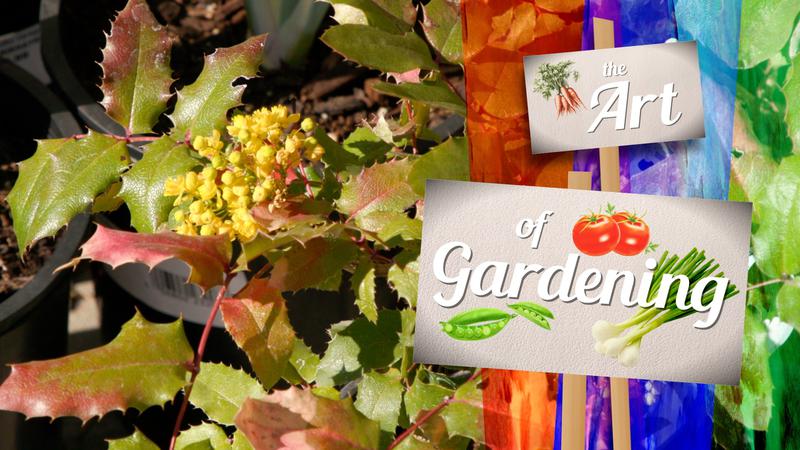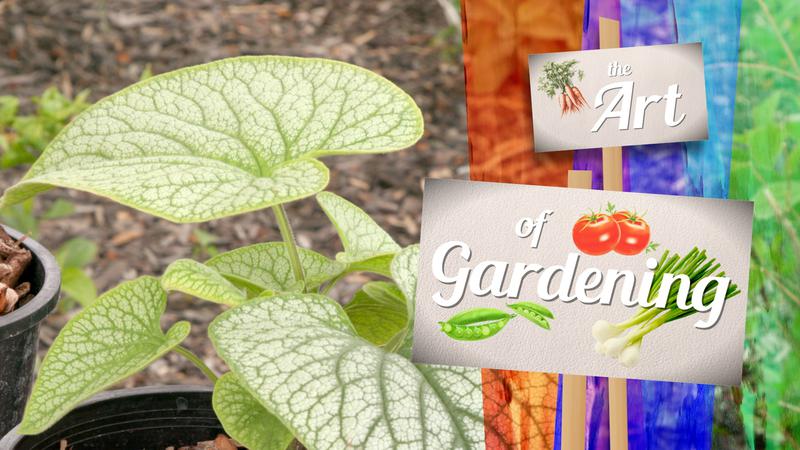
SOUND OFF: Seeding the future — How the Kamloops Community Seed Library is contributing to food sovereignty
THE KAMLOOPS COMMUNITY SEED LIBRARY is a program run by the Kamloops Food Policy Council (KFPC) that has been facilitating the sharing of community seeds since its start in 2018. Originally, the Seed Library began by facilitating the ‘seed swap’ during one of the many Seedy Saturday events that have sprung up across the country. These are gatherings with the general theme of encouraging the growing of open pollinated and heritage seeds, enabling local seed exchanges, as well as educating the public about seed saving and environmentally responsible gardening practices (Seeds of Diversity, 2024). What seeds are available shifts from season to season and depends both on what is donated by community members, as well as what we are able to grow at the Butler Urban Farm, a food commons stewarded by the KFPC and located at 127 Clapperton Road, across from the Kamloops Food Bank. In 2021, there were 81 catalogued varieties, and since then the library has grown to include more than 150 varieties of open-pollinated, heritage, and native seeds.
For hundreds of years, farmers and gardeners have routinely saved seed to preserve a rich gene pool of heirloom seed varieties. Heirloom refers to the way in which the seed is grown over time. Generally, these varieties were not used in large scale agriculture, but grown in communities by farmers and gardeners. This practice has lost popularity over the years in favour of purchasing from large scale seed growers who often prioritize the growing of hybrid or modified seed. Sadly, over the last 100 years, around 75 per cent of the world’s heritage seed varieties have gone extinct, with only around 10 per cent of the remaining varieties available from seed companies (Seeds of Diversity, 2024).
 Image Credit: Kamloops Food Policy Council
Image Credit: Kamloops Food Policy CouncilBy supporting the saving and sharing of community seed, we are able to revitalize this practice and encourage the preservation of our cultural and agricultural heritage. While foods from hybrid seeds are grown with shelf life, durability and appearance being the desirable traits, heirloom varieties are grown with flavour, fresh eating and preservation in mind, and often produce food that is more nutritious and flavourful. Seed that is grown in the same area over time is able to adapt to our changing climate and helps plants to withstand unpredictable climatic shifts as we see an increase in extreme weather events such as flooding, droughts, wildfires and heat waves as consequences of human-caused climate change. Access to community grown seed also allows us to divest from harmful industries that can contribute to ecological degradation, and provides a resource for people to be able to support themselves by providing food security and helping them to take part directly in their food systems.


